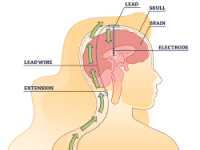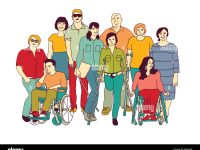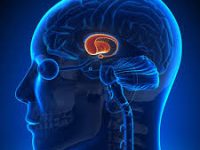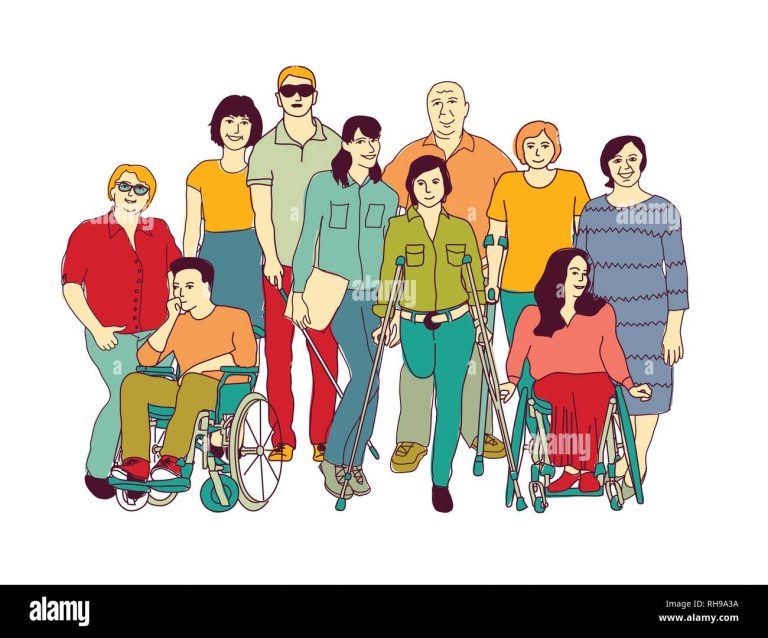Yes, dystonia can be considered a disability, depending on its severity and how it impacts a person’s ability to perform daily activities or maintain employment. Here’s a breakdown of its classification:
Medical Perspective:
Dystonia is a neurological movement disorder characterized by involuntary muscle contractions, which may cause twisting, repetitive movements, or abnormal postures. The condition varies widely in terms of severity, affected body parts, and symptoms. For some, it can be mild and manageable, while for others, it can be debilitating.
Legal and Social Perspectives:
- Disability Recognition:
- In many countries, dystonia is recognized as a disability if it significantly limits a person’s ability to perform essential activities of life or work. This can include mobility issues, pain, or difficulty with tasks requiring fine motor skills.
- For example, in the United States, the Social Security Administration (SSA) may classify dystonia as a disabling condition if it meets certain medical criteria under the category of neurological disorders.
- Support and Benefits:
- People with dystonia may qualify for disability benefits, accommodations at work, and other forms of assistance depending on their region and the impact of their condition.
- Workplace accommodations could include ergonomic adjustments, flexible hours, or modified duties.
- Individual Assessment:
- The classification often depends on individual assessments. A medical evaluation, documentation of the condition, and its effects on daily life are typically required for disability status or benefits.
If you or someone you know is navigating dystonia and wondering about disability classification or benefits, consulting with a healthcare professional and a legal advisor familiar with disability rights in your region would be beneficial.





















0 Comments